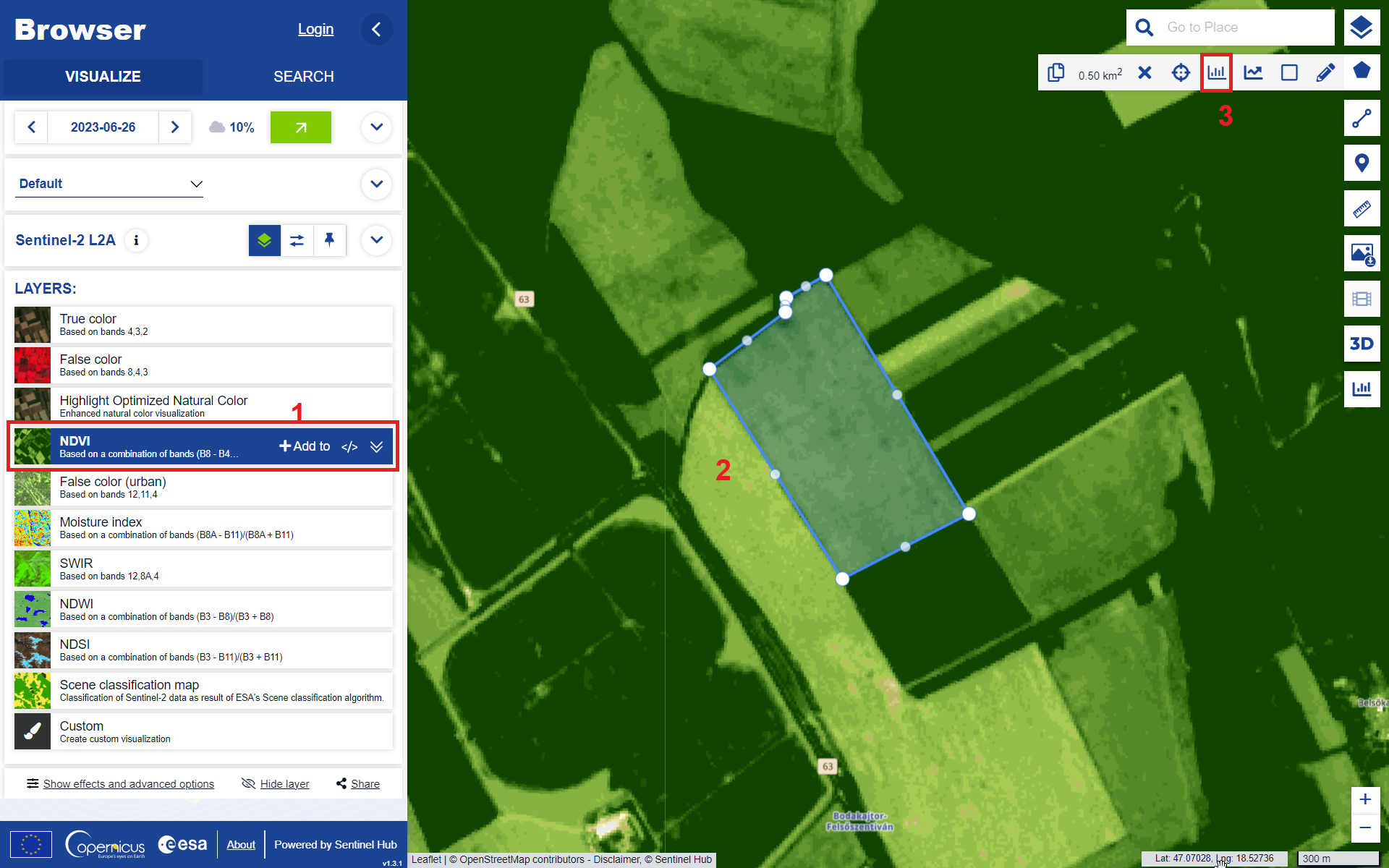From open data to empowering global Insights with the Copernicus Data Space Ecosystem

Launched in January 2023, the Copernicus Data Space Ecosystem (CDSE) provides instant, free, and open access to a vast array of Earth observation data. It offers imagery from the Copernicus Sentinel missions, along with high-resolution data from other contributing satellite missions. The platform also includes federated datasets and began with the native integration of data from the Copernicus Land Monitoring Service. By revolutionising how data is accessed and used, the CDSE empowers researchers, policymakers, and industry professionals to leverage Earth observation insights for sustainable development and innovation.
Unleashing the power of open data
The CDSE is the largest repository of Earth observation data, offering more than 80 petabytes of information, expected to exceed 100 petabytes by 2028. This ecosystem provides seamless access to data from Sentinel satellites and Copernicus services, fostering innovation in environmental monitoring, disaster management and climate action.
CDSE is highly operational, with open Key Performance Indicators (KPIs) and real-time monitoring available through a dashboard. This transparency allows users to track data availability, system performance and service usage metrics. The platform's success is evident in its incredible uptake with more than 322,000 users registered and almost 800 PB of sentinel data downloaded.
Beyond accessibility, CDSE offers a highly versatile ecosystem, providing data through a user-friendly browser interface for human interaction, processing capacity via Jupyterlab interfaces and machine-to-machine access via robust APIs such as OpenEO. Implementation of multiple open standards ensures interoperability, making it an essential tool for geospatial analytics. Users can download or process data close to the source, leveraging scalable cloud infrastructure that enhances usability and computational efficiency.
CDSE is a prime example of the successful implementation of the GEO Data Sharing and Data Management Principles. It adheres to the principles of open access, interoperability, and transparency, ensuring that users worldwide can freely access, share, and process Earth observation data with minimal restrictions. CDSE supports global collaboration and enhances the impact of Earth observation data across multiple domains.
The first Copernicus Market Report in 2015 analysed the impact of Copernicus on eight key sectors, concluding that the cumulative economic value during the period 2008–2020 is significantly above the overall investment in the programme, with a cumulative economic value estimated at €13.5 billion, while total investments are forecast to reach €7.4 billion.
A study in 2018 to support the European Commission's Impact Assessment on the evolution of the Copernicus programme estimated that, during the period 2017–2035, Copernicus is expected to generate €67 to €131 billion in benefits to European society, representing a return of 10 to 20 times the cost of the programme.
The second Copernicus Market Report in 2019 highlighted that Copernicus had already positively impacted various sectors, including agriculture, forestry, urban monitoring, insurance, ocean monitoring, oil and gas, renewable energies, and air quality management. For instance, in the energy sector, Copernicus ERA5 technology had increased the project return for every 100 megawatts produced through wind energy, from €1 million to €3 million.
With its extensive data offerings, seamless integration capabilities, and an ever-expanding user base, the CDSE is a true success story in democratizing Earth observation data access and empowering decision-makers worldwide.
The Copernicus Data Space Ecosystem is transforming global access to Earth observation data, enabling users to derive actionable insights for tackling climate change, disaster response, and sustainable development. Its rapid uptake highlights its value in the geospatial community.
For more information:
- GEO Data and Knowledge Working Group. (2025). Succes story: From Open data to Empowering Global Insights with the Copernicus Data Space Ecosystem. GEO Knowledge Hub.
- GEO Data Working Group (Group on Earth Observations (GEO)). (2022, September 12). Dialogue Series - Data sharing principles.